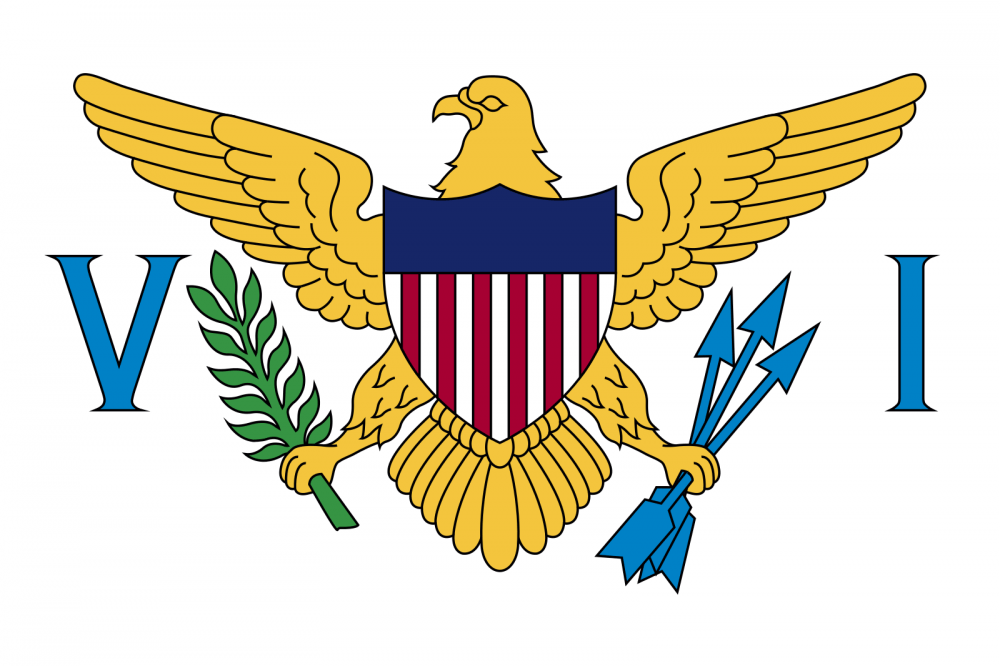During this midterm election, the rights of women, minorities, and children were front and center. But there is one group of Americans whose rights were probably not on voters’ minds.
These include the Americans in Puerto Rico, Guam, American Samoa, the Northern Mariana Islands, and the U.S. Virgin Islands.
The inhabitants of America’s island territories lack the rights most sacrosanct to Americans: adequate representation in the U.S. Congress and the right to vote in federal elections.
The legal regime that still governs these territories dates back over 100 years to a series of court cases known as the “Insular Cases.” In these cases, the United States Supreme Court wrote that these islands were inhabited by “alien races” that were unable to understand “Anglo-Saxon principles.” Therefore, the Court wrote, these territories belong to, but are not part of, the United States, providing the justification for the idea that as long as these territories are not states, their inhabitants would not be granted the same constitutional rights as other Americans.
Not surprisingly, this is the same Court that a few years earlier had decided the infamous “separate but equal” case of “Plessy v. Ferguson,” in which the Court upheld segregation of blacks and whites as constitutional.
Over 4 million people reside in these territories and most Americans are oblivious about their situation. For example, many Americans seem unaware of the basic fact that Puerto Ricans are U.S. citizens. I am Swedish, yet I have found myself in more conversations with Americans than I can count in which I have had to educate them about that.
I remember when Sonia Sotomayor was nominated to the U.S. Supreme Court, American media outlets referred to her as the “daughter of Puerto Rican immigrants.” That is as factually incorrect as saying that Chief Justice John Roberts, who hails from Indiana, is the son of Indianan immigrants.
These Americans serve in the military at a higher rate than their brethren in most other U.S. states, yet they have no right to vote for their own commander-in-chief. It is estimated that over one-eighth of all Guamanian adults are veterans, but when they return home after completing military service, they resume their place as second-class citizens. That is shameful.
SEE MORE FROM MICHAEL A. KESHMIRI:
To add insult to injury, the inhabitants of American Samoa are even denied U.S. citizenship. Instead, they are branded “U.S. Nationals,” an undignifying designation of inferior status. This is especially indefensible given that American Samoa is home to the U.S. Army’s top ranked Recruitment Station, and in 2012, American Samoa recorded the “highest number of casualties in Iraq per capita than any other part of the United States.”

We all know America takes special pride in military service. America worships its veterans and pays special respect to them, and I am proud of my veteran friends who are now studying at Penn.
How can Americans allow this to happen to their fellow countrymen? How is this injustice allowed to continue under the Constitution?
The truth is, the Constitution, as originally understood, was never meant to apply to all Americans equally. Slavery was largely considered consistent with our Constitution for nearly 80 years following its ratification in 1788. Segregation and legally sanctioned racism was largely considered consistent with the Constitution well into the mid-20th Century despite the ratification of the 14th Amendment.
We must not forget that the America that believed these island territories were inhabited by “alien” people was the same America that believed that African-Americans were inferior to, and rightfully kept segregated from, the white race and that women were unfit to be informed citizens capable of voting or holding political office.
The abject racism that led to the territorial-colonialism of America’s island territories over 100 years ago is consistent with the vision of the Constitution that characterized this era. But we rejected that vision of the Constitution long ago. So why didn’t we reject that injustice when it came to the colonization of America’s island territories?
Americans pride themselves on the belief that the United States is a beacon of hope for the world, ready to stand up for human rights everywhere. How can the United States claim this role when it denies basic human rights to its own people at home?
Martin Luther King Jr. famously wrote, “Injustice anywhere is a threat to justice everywhere.”
When America treats its own citizens this way, it reeks of hypocrisy when we lecture other nations about their denial of basic human rights and it damages our standing in the eyes of the world.
The island territories have waited for over a century to be released from second-class citizenship and gain statehood. They deserve the same treatment in the eyes of the law as every other American, if not as compensation for their service and contributions to this nation, then as recognition of the century-long denial of their inalienable rights.
When will justice be served to these Americans?

MICHAEL A. KESHMIRI is a College senior from Stockholm, Sweden studying political science. His email address is mkesh@sas.upenn.edu.









